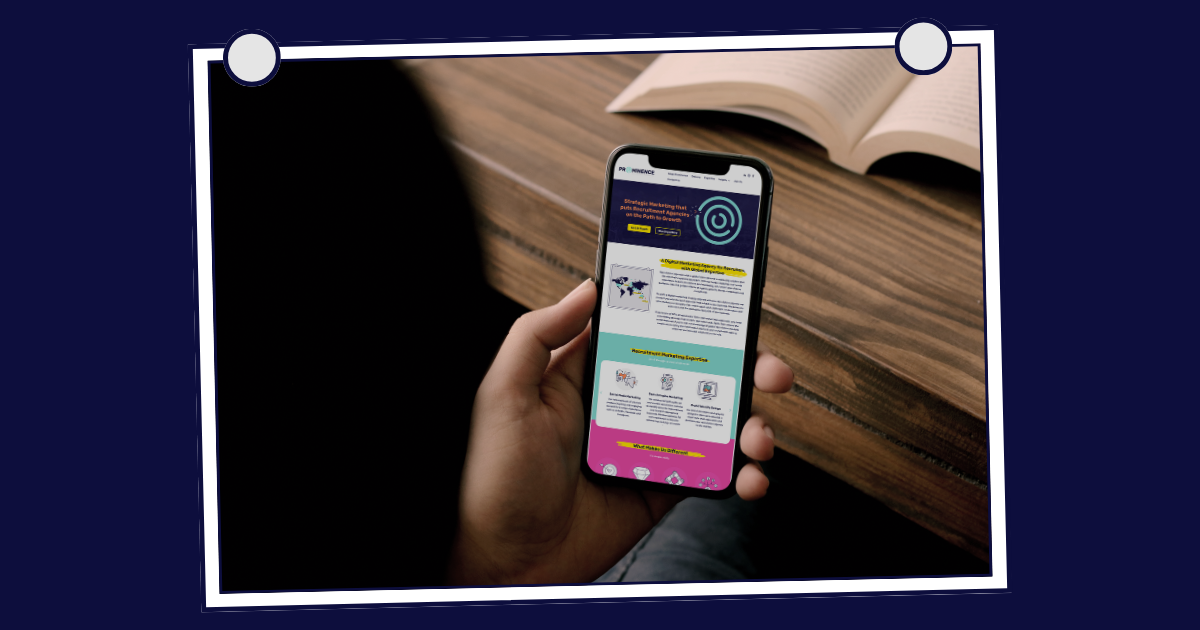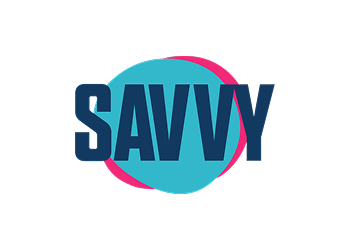Don’t Dehumanise Your Brand with AI
In some ways, generative artificial intelligence tools, like ChatGPT and DeepSeek, are the biggest thing since sliced bread. Tasks that previously took up hours in the workday can now be breezed through in a fraction of that time. AI can suggest ideas for content, summarise long documents and write computer code. When it comes to your brand, however, AI can also be a trap that leads you into a pit of unintended consequences.
AI in digital marketing works best when you understand where it should be used and where it’s best avoided. When used smartly in a recruitment marketing context, AI can save you loads of time and money. When misused, it can harm your brand in several ways.
We’ll highlight where AI can be most effective in digital marketing for recruiters and where to avoid it, or at least tread with caution.
The Risks of Using AI to Create Marketing Content
One area of marketing where businesses have clearly embraced AI is in content creation. On the surface, it’s a no-brainer: Writing social media posts, email newsletters and other marketing content with AI is a breeze, especially for small businesses without an in-house marketing team.
If you’re using tools like ChatGPT or DeepSeek to write marketing content, you’re not alone. SurveyMonkey found 50% of marketing professionals are creating content with artificial intelligence. Everyone it seems is using AI to write their social media content now, so what’s the problem? Well, let’s break it down into a few pieces:
Awkward or Unappealing Content
AI-generated content can be cheesy and plain awkward. AI-generated text tends to follow a specific sentence structure, with a limited vocabulary and a repetitive range of phrases which makes it clunky – and obvious to your audience. These negative aspects are highlighted further in visual and audio AI content. Unless you’re positioning your company brand as kitsch, you’ll want to avoid using a podcast voiceover that sounds like David Attenborough or stock images that look like something from a bad superhero film.
No Differentiation
In a sea of marketing content written by ChatGPT or DeepSeek, your brand won’t stand out if you’re using the same tools with minimal human input. Using AI to create content without further tweaking will inevitably make your content sound generic, and generic is the enemy of a unique brand.
Lack of Authenticity
Audiences want to see authenticity in a brand. In the recruitment industry, trust and credibility are everything. Showing the human side of your brand – its team, stories and values – is what helps you build connections with clients and candidates. Should a prospect arrive at your LinkedIn page or company website and be greeted with AI content, they’re less likely to feel a connection with your business.
Damage to Brand Voice and Reputation
Relying on AI can dilute the voice of your brand (the personality your brand uses to communicate with its audience). It’s difficult to create content with consistent quality that sounds like your brand when relying solely on AI.
AI is also known to hallucinate facts and figures, which introduce reputational risks to your brand when AI content is used without proper oversight. Glaring inaccuracies in your social media posts or a whitepaper can hurt your brand’s credibility.
Where Using AI in Digital Marketing Makes Sense
So far, we’ve covered the use of generative AI in digital marketing for recruiters – creating text, visual and audio content. But AI is vast ecosystem, spanning a range of tools and platforms that do things like analytics and automating tasks, which are essential for any marketing strategy.
Here is where you can use AI in digital marketing to do real grunt-work, whilst keeping your brand human and wowing your clients and candidates along the way:
Audience Targeting
AI tech is great for analysing data to identify the patterns and preferences of your audience. This allows you to create detailed client and candidate personas, so you can create content that speaks to them directly.
Lead Generation
With the right tools, you can boost lead generation in multiple ways. One of our favourite examples is using AI to analyse interactions with your company’s social media posts, and then identifying passive candidates from those, giving your business a steady pipeline of qualified leads.
Performance Analytics
AI-driven analytics tools can crunch complex data to help improve your company's marketing campaigns. The insights that AI can produce from this data helps identify which pieces of content and which channels are getting the most love from your audience. This intel is essential for using your marketing resources efficiently.
Workflow Automation
A solid AI backbone helps automate marketing workflows, like sending personalised emails based on a candidate's interactions with your company's website or content. For example, if a candidate downloads a guide on preparing for job interviews, AI tech can automatically send follow-up content related to your open jobs.
We help our clients use these workflows to great effect. To learn more about how it works, read our guide on marketing automation for recruiters, with real-world examples, here.
Tips for Managing AI Risk in Marketing
AI is an incredible tool, but like any technology, it needs a guiding hand to keep it in check. Here’s how to use AI wisely in your marketing whilst keeping your brand's authenticity intact.
1) Regularly Review and Monitor Inputs and Outputs
AI can handle the heavy lifting when it comes to data analysis and automation, but it’s not perfect. Algorithms can misinterpret trends and overlook nuances or even recommend unsuitable strategies. That’s why it’s important to keep an eye on the results.
Regularly check in on your AI-driven campaigns – automated email sequences, job ad targeting, or social media analytics or anywhere else you’re using AI. Look for any patterns that don’t quite make sense or areas where AI might be over-optimising at the expense of a more human touch. If something feels off, tweak it! AI should enhance your strategy, not dictate it.
2) Use AI to Brainstorm and Get Creative Juices Flowing
AI is an excellent ideation tool and whiteboard. When you’re stuck on generating ideas for specific types of content, it can help you with creating topics for social media posts, blog articles, podcast episodes and whitepapers. You can use AI to extract the key takeaways from research findings and use these to build thought leadership-driven content. Consider AI your jump-off point, and you can quickly start bouncing ideas off it. The key is to then refine those ideas with elements that will appeal most to your niche audience.
3) Keep AI as a Creative Sidekick, Not the Main Creator
When it comes to creating content, AI is great for generating outlines or a first draft. But it can’t replace your brand’s unique voice or ability to connect on a deeper level. AI-generated content lacks those small imperfections that otherwise makes content look or sound human.
Use AI to speed up the process, but always add your own spin. Rewrite sections to reflect your style, inject real-life examples, and make sure the message sounds like it’s coming from a person, not a robot. A great rule of thumb? If you wouldn’t say it in a conversation, don’t let AI say it for you.
The Takeaway
Adding AI into your digital marketing strategy is all about balance. When applied to the right areas, you’ll reap efficiency dividends while keeping your brand’s human touch intact.
Instead of spending hours on repetitive tasks, let AI handle the admin, so you can focus on building real connections with clients and candidates.
Use Our Expertise in Digital Marketing for Recruiters
Is it time to maximise your marketing ROI with on-target creative content and smart AI integration? We can do both – and we’re just a phone call or message away. Get in touch with the Prominence team today and free up time for what really matters: growing your brand!
Recent Posts
Like what you see?
Sign-up to our newsletter and we will let you know when we publish new articles!
Sign-up to our newsletter and we will let you know when we publish new articles!
Contact Form
Latest Blogs
Latest Case Studies









